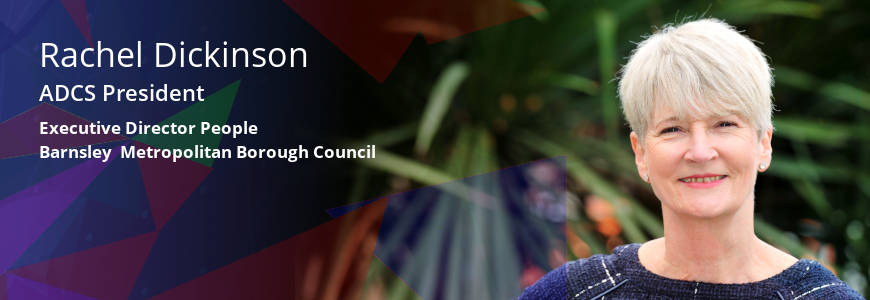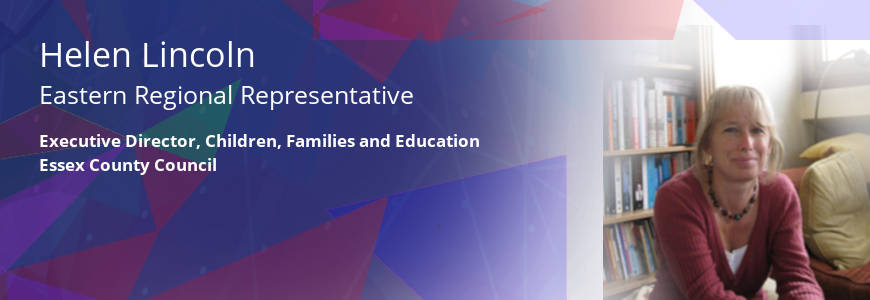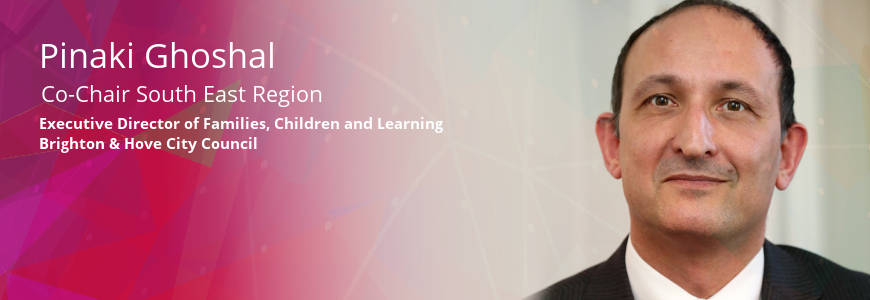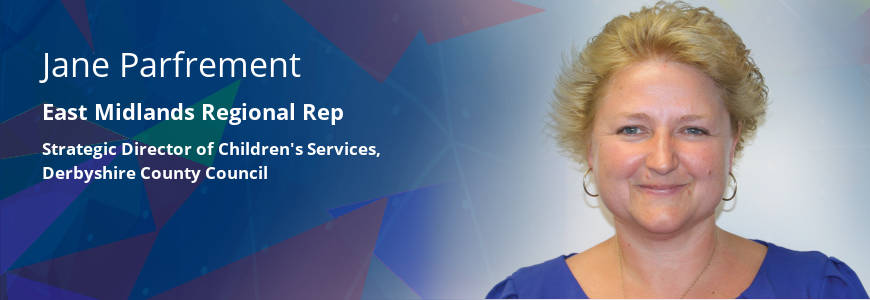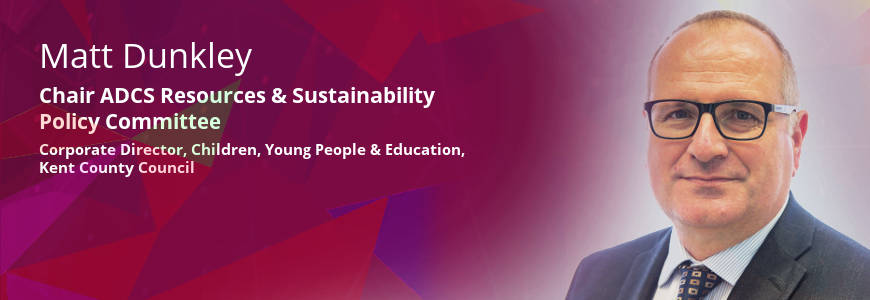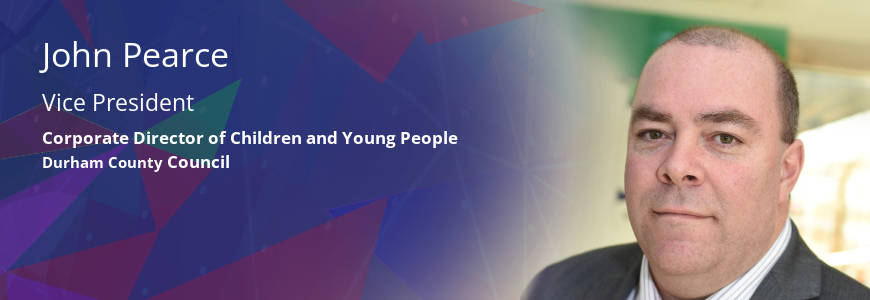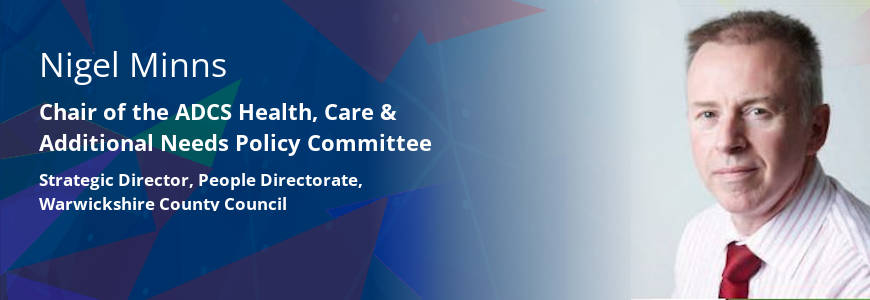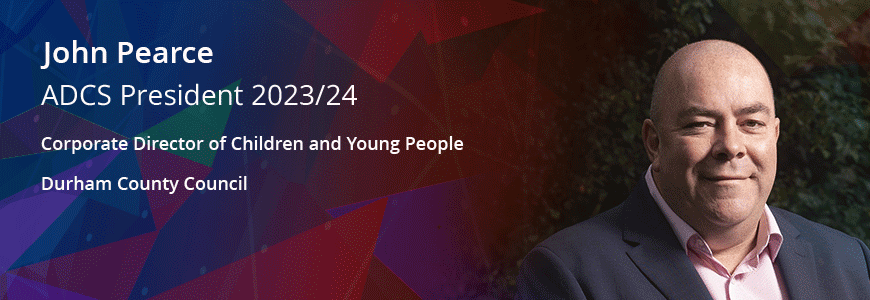The biggest crisis in our lifetimes
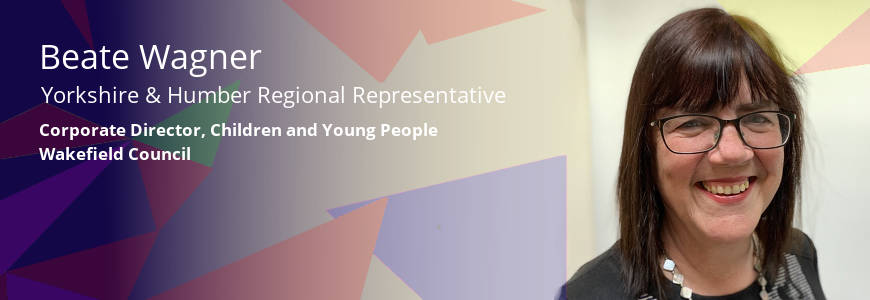
We are talking about little else at the moment, but I am not talking about Covid-19 here and how we keep the most vulnerable in our society healthy and the NHS functioning. I am talking about the crisis our children and families are facing amidst a third lockdown. Once again, and this time with much less of the optimism of lockdowns 1 and 2, they are trapped in their homes exacerbating new worries about unemployment and poverty, home education and sufficiency of digital equipment, and of course the health pandemic. Adults, children and young people are suffering from the lack of social contact, education, stimulation, and dialogue with anyone other than their fellow trapped.
We know that we have one of the best child protection systems in the world and a robust infrastructure of spotting and responding to abuse and understanding children’s needs. But whilst there are many pressures to scale back, not even ‘business as usual’ is enough any longer, as exceptional circumstances require exceptional responses. We have to be more proactive than ever; to persuade and chivvy along our staff, partners, school colleagues to constantly go the extra mile, and encourage those struggling to get in touch and ask for support, and somehow to spot those who are not in a position to do so. At the same time, we worry about our staff and partners and the impact the crisis is having on them. Has everyone had a check in? Have we spent enough time to help new team members settle in? Are we sure our students are learning and our ASYEs supported to become the amazing professionals they have the potential to be? And are each and every one of our leaders allowed some time out too – including ourselves?
We have responded quickly as system leaders, both retaining what we do and building on it. We have set up helplines for parents who need support, issued daily parenting tips, and initiated social media campaigns to promote active play. Our staff have been out there continuing to visit and be visible, our partners have found new ways of keeping in touch with families and our teachers have undertaken doorstep visits. Our schools are constantly adapting to the changing asks of them – juggling face to face teaching, home learning, emotional support and implementing testing regimes. Our partnerships with community organisations are ensuring that volunteers can be ‘eyes and ears’ and easily report any worries or additional support needs for families. Our youth workers are out there trying to spot and support young people whilst at the same time reaching out through virtual groups and conversations. We initiate campaigns to increase digital access to education and we still challenge each other to do better and learn from each other through our regional arrangements.
And yet, we know it’s not enough. The Children’s Commissioner report this week is again highlighting the devastating effect of lockdown on our children’s and young people’s mental health. We are all only too aware of the lifelong impact the disrupted education of our students will have, widening the disadvantage gap we have been working so hard to start closing. It’s a pretty hard job at the moment, but our leadership and its tangible impact has never been more depended upon.
Related Blog Articles
I’ve been spending quite a lot of time on trains travelling to meetings and...
In General
Recently I met with Ian Dickson - a retired social worker, Ofsted inspector,...
In Care
Like every Director of Children’s Services, I expect, I have been immersed in...
In Workforce
I expect people that know me well are thinking I would use this blog to make...
In Education
The Government recently responded to its consultation on the use of agency...
In Workforce
Last month the research agency Childwise released statistics which showed that...
In Safeguarding & Child Protection
My name can be a bit of a give-away, and if your assumption was that I have a...
In General
In common with many other directors of children’s services (DCSs), I do a...
In General
Recently, I chaired the North West’s School Improvement Group and also led a...
In Education
I am sat writing this blog recovering from a bout of covid, a sharp reminder...
In Funding
Like in most local authorities, children who are subjects of a child protection...
In Safeguarding & Child Protection
This week saw the first gathering in person of ADCS colleagues for 18 months,...
In Education
Looking outside at the spring sunshine it feels like change is in the air,...
In Workforce
This is my first contribution since being elected as Chair of the Health, Care &...
In Health
This week, students up and down the country have been returning to school, or...

